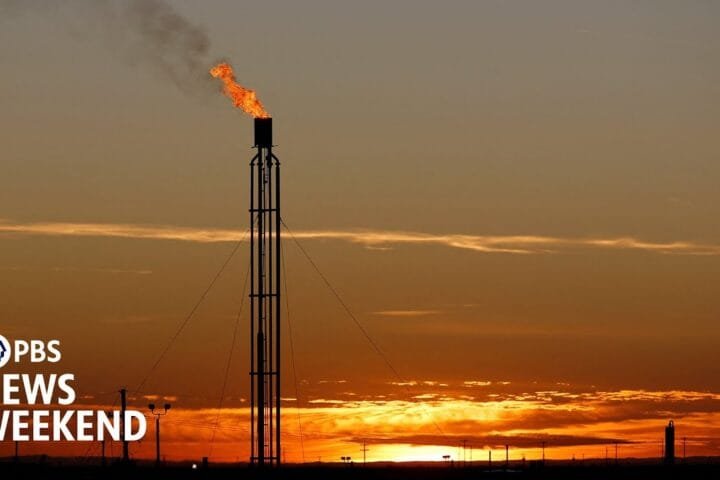Summary
International negotiations to establish a legally binding treaty to limit plastic production ended without an agreement, primarily due to opposition from oil-producing countries. Over 100 nations support production caps to tackle plastic pollution at its source, but major fossil fuel producers prefer focusing on waste management. Activists emphasize the urgent need for action to protect communities affected by toxic pollution.
Highlights -🌍
- Negotiation Stalemate: International talks on a plastic treaty stalled, extending discussions into next year. 🏛️
- Support for Caps: More than 100 countries favor limits on plastic production to reduce pollution. 📉
- Oil Industry Resistance: Major fossil fuel producers, including the US and Saudi Arabia, oppose production limits. ⛽
- Health Concerns: Communities near plastic production sites face heightened cancer risks due to toxic emissions. ⚠️
- Plastic Production Surge: Global plastic production doubled from 2000 to 2019, reaching 460 million metric tons. 📈
- Future Meetings Scheduled: Another round of negotiations is planned for 2025 despite the failed talks. 📅
International negotiations to create a legally binding treaty to stem the tide of plastic pollution ended in a stalemate on Monday — pushing talks past their initial deadline and into next year.
More than 100 countries have shown support for limits on plastic manufacturing. They’ve faced fierce opposition from other countries that are major fossil fuel producers and who want to focus on managing waste rather than tamping down plastic production.
But there’s no way to get a handle on the plastic pollution building up in our landfills, oceans, and bodies without stopping the problem at its source, according to supporters of a production cap. Setting manufacturing limits would have the added benefit of curbing the greenhouse gas emissions that cause climate change. Health advocates also want stronger rules to prevent the use of hazardous chemicals in plastics.
Read the full post at The Verge - Science.





